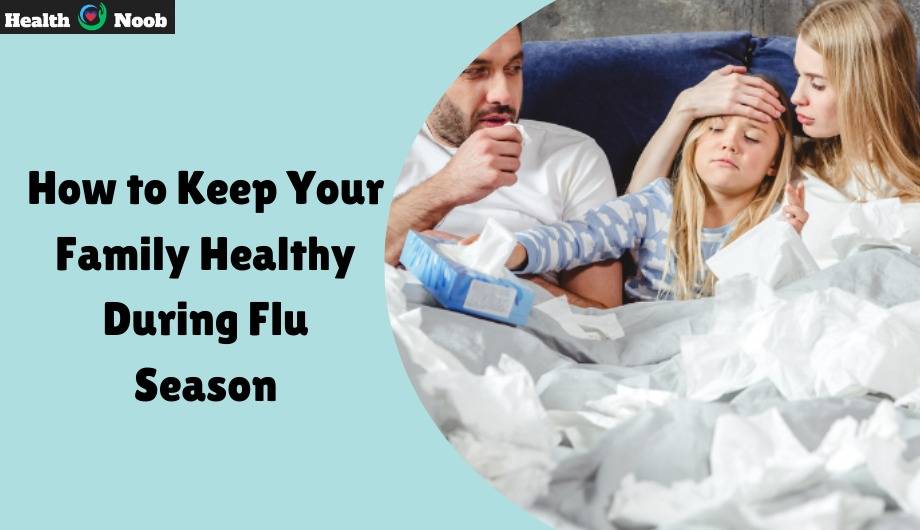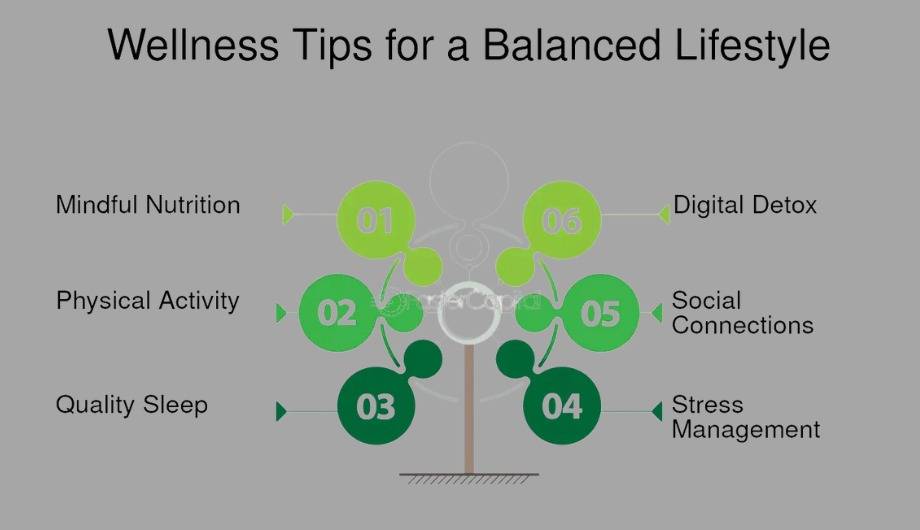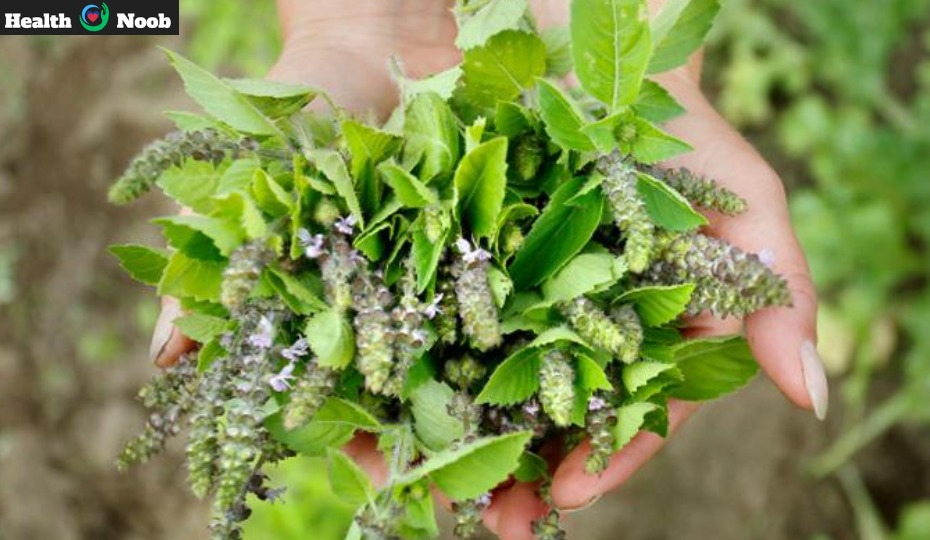The flu season often begins in October as the weather outside starts to get colder. It can last as late as May. Every year, it’s important to prepare and protect your family from these illnesses.
Few things worry parents more than a little red, runny nose. Now, the health of the whole family becomes a priority. Children under 5 are more likely to get colds and flu, and they are at higher risk for complications like pneumonia, dehydration, and long-term sinus problems.
Don’t waste days at work and valuable time with friends and family.
In this article, you’ll learn how to keep your family healthy During flu season ways to avoid getting sick, so you can stay healthy and enjoy this season in San Diego to the fullest.
The path to better health
There are various steps you can take to prevent getting sick. You may still get a cold or flu, but these tips can help prevent or lessen the symptoms.
Personal care
- Wash your hands frequently. This aids in reducing the transmission of germs.
- Eat healthy, stay active and get enough sleep. This helps boost your immune system and keep your body strong.
- Cough and sneeze into your elbow. Think of all the germs you can spread if you use your hands!
- Use antibacterial products to clean surfaces. These products help kill germs and should be used throughout the house. Common areas include tables and countertops. Remember to clean frequently touched surfaces, like door handles, light switches, and your child’s toys.
- Stay home when you are sick. You can be contagious before you start showing symptoms and after you start feeling better. Avoid places where you can spread the virus.
- Stay away from people at risk. Try to avoid being around young children and infants, pregnant women, and people 65 years of age or older. Additionally, try to avoid close contact with individuals who have a weakened immune system or chronic conditions, such as asthma. Individuals in these categories face a greater risk of complications related to the flu.
Flu vaccine
The best way to avoid the flu is to get a seasonal flu vaccine. The American Academy of Family Physicians advises that everyone aged 6 months and older should receive an annual flu vaccine, provided there are no contraindications. You can get the vaccine at your doctor’s office, a local pharmacy, or health department.
Vaccination is especially important for people who are considered at high risk for flu-related complications. These include:
- Children under 2 years old
- People over 65 years old
- Women who are expecting, planning to conceive, or nursing
- Individuals with cancer or a compromised immune system
- Individuals residing in assisted living or long-term care facilities
- People who work in a healthcare setting or are caregivers
Teach your children how to avoid germs at school
Children tend to get sick more often than adults because their immune systems are not as mature. They are also more likely to be in close contact with other people. But they can take steps to avoid catching all the bugs out there .
“Talk to your child about the importance of good hygiene and simple ways to help stop the spread of unwanted germs and viruses,” said Dr. Minior.
Encourage your children to wash their hands before meals and after using the bathroom. If they are unable to wash their hands (for example, if they are on a field trip), it is a good idea to use hand sanitizer and rub it on their hands until they are dry.
They should cover their mouths when they cough and sneeze and do their best to stay away from fellow students who are coughing or sneezing. They can also reduce the spread of germs by using their own pens, pencils, and crayons, without sharing them. And they shouldn’t share food, drinks, lip balm, or other personal items, either.
Support your child’s emotional well-being.
Maintaining a balanced and healthy emotional state can benefit children’s immune systems. When children experience chronic stress, also known as toxic stress , their bodies release excess stress hormones, which can negatively affect their immune system, making them more susceptible to illnesses such as colds and flu.
Creating a comfortable, safe environment and teaching healthy stress management strategies can help keep your child healthy. Showing physical affection is another great way to improve your child’s physical and emotional health. Physical contact, such as hugging , is a great way to help your child develop a healthy brain and a strong body.

Do you have pets at home? Here’s what you need to know
Of course, not all snot is caused by colds or flu. If your child or any member of your family, including yourself, is prone to pet-related allergies, there are ways to live with your pet and reduce these symptoms. Dander, present in all pets from dogs to birds, contains a specific protein that some people are allergic to.
So, if you live with them, how do you get rid of dandruff and dirt? Here are four tips:
1. Designate a pet-free area in your home.
For example, this could be a living room or your family’s bedrooms to prevent dirt and dander from reaching those rooms.
2. Consider installing a HEPA filter.
These filters help remove small contaminant particles from the air you breathe at home, such as dust mites, pollen, and pet dander.
3. Clean. Clean. Clean
Where your pet goes, dirt and dander probably follows, so it’s a good idea to clean surfaces your pet touches weekly.
4. Bath Regularly
Reduce the amount of dander, dirt, and germs your pet brings home with a regular bath, at least once a week. Just like our precious babies, pets also have sensitive skin and can be susceptible to harsh chemicals and ingredients.

Choose medications appropriate for your age
If you are selecting medications for children or the elderly, you need to make sure you are making the right choices.
Children’s bodies are still developing, and their metabolism and immune systems are different from adults’. And some medicines haven’t been studied enough in children, so we don’t know if they’re safe. So some medicines aren’t right for kids.
The American Academy of Pediatrics advises against giving cough and cold medications to children under the age of 4. Some experts recommend avoiding them for children younger than 6.
Choose medications that are designed for children or have specific dosages for children. Be sure to read the label carefully to ensure the dosage is accurate. Children are more sensitive to medications: with the wrong amount, they may have side effects or not get the treatment they need.
You may want to select medications designed for children, as they often come in syrups or chewable tablets with kid-friendly flavors. Make sure to keep these medications out of children’s reach. Do not give medications intended for adults to children (or vice versa) unless recommended by a health care provider.
Older people may experience changes in their overall health, metabolism, immunity, and organ function that affect how their bodies process medications. They may also be taking medications for other health conditions, so be aware of interactions.
In children and older people, it is especially important to watch for any side effects or interactions. Consult your doctor or pharmacist if you have any questions or concerns.
Medical conditions
If you have certain health conditions, you’ll want to consider them when choosing medications to treat cold symptoms. Here are some key things to be mindful of:
- Aspirin allergies: If you are allergic or sensitive to aspirin, read the ingredient list carefully to make sure you don’t choose a medicine that contains it.
- Respiratory conditions: Be careful when choosing medications if you have conditions such as asthma or COPD (chronic obstructive pulmonary disease). Some, such as cold and flu decongestants, can make breathing difficult or interact with other respiratory medications.
- Cardiovascular conditions: Some cold and flu medications may contain ingredients that raise blood pressure or interact with medications prescribed for these conditions. People with high blood pressure, heart disease, or a history of stroke should select medications that do not affect heart health.
- Immune disorders: You may have more severe flu symptoms if you have HIV/AIDS, or are undergoing chemotherapy or taking immunosuppressive drugs. Therefore, you may need prescription antiviral medications.
- Diabetes: Cold and flu infections can affect blood glucose levels. If you have diabetes, you’ll want to choose medications that won’t interfere with your treatment. Also be sure to check the sugar content of cough drops so you don’t affect your blood sugar with too many.
- Liver and kidney problems: Some cold and flu medicines are broken down by the liver or filtered through the kidneys. If you have liver or kidney problems, you may need to adjust the dosage of your medicine or choose different types.
- Pregnancy or breastfeeding: Some over-the-counter (OTC) medications may not be good choices if you are pregnant or breastfeeding, as they may affect your baby.
If you have any of these conditions, it’s especially important to talk to your health care provider about the best medicine for cold and flu symptoms.
The bottom line:
keep your family healthy during flu season, it’s essential to adopt effective prevention strategies. Begin by encouraging good hygiene practices, such as frequent handwashing and covering coughs and sneezes to minimize germ transmission. Ensure your family eats a balanced diet, remains active, and gets adequate rest to strengthen their immune systems. Regularly clean high-touch surfaces and avoid close contact with sick individuals, particularly those at higher risk, including young children, pregnant women, and the elderly.
Additionally, getting the flu vaccine is a key measure to protect against flu-related complications.
Read More:
1. How to Create a Personal wellness Plan? 8 Strategies















Leave a Reply